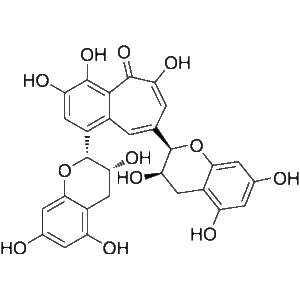
Cancer Palliative Support Care: Caring Beyond the Diagnosis
When facing cancer, patients and families often focus on fighting the disease—but what about the body, mind, and spirit that carry us through the journey? That’s where Palliative Support Care steps in—not as an end, but as a meaningful companion throughout treatment, offering relief, comfort, and strength when it’s needed most.









